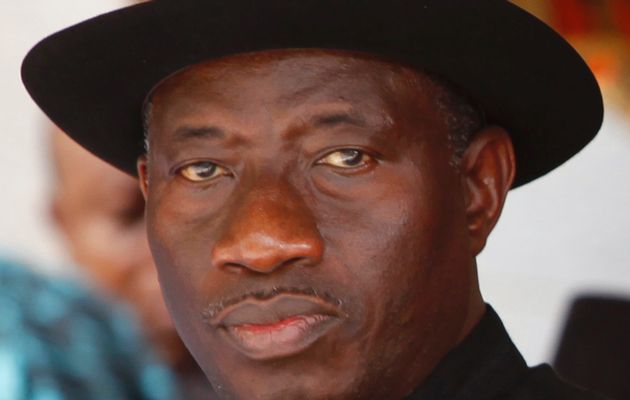Sizzling details of some of the behind-the-scene power games during the five years reign of former President Goodluck Jonathan are beginning to surface, one of which was how the former president had already signed himself into trouble with the Fourth Amendment Bill 2015, if not for the last minute intervention by his former Minister of Justice and Attorney General of the Federation, Mohammed Bello Adoke.
Apart from this, the former president also endured intense pressure from prominent members of the political class, who wanted him to use his office to annex more states ahead of the 2015 general election, using the impeachment tool and the declaration of a state of emergency in supposedly vulnerable states.
Sharing some of these personal experiences in his latest book titled: “Burden of Service”, Adoke, who claimed to have travelled shortly after the 2015 elections, returned to his desk to discover the president had signed the Fourth Amendment Bill 2015, without running it by his office, as was the normal practice.
Read Also: Jonathan emerges Chairman of African Union’s ISCP
Unfortunately, by signing the controversial bill, initiated by the seventh National Assembly into law, it would mean that certain crucial powers of successive presidents would have been taken away and handed over to the federal lawmakers, the senate especially, because they were purely self-serving provisions, he argued.
For example, Adoke noted in his book that the law would have “taken away the power of the president to assent to constitutional amendments. That meant that the legislature would, on its own amend the constitution and it would become operational without the consent of the president of the Federal Republic of Nigeria.
“Two, the bill sought to make presiding officers of the National Assembly life members of the National Council of State. Only former presidents/Heads of State and Chief Justices of Nigeria were permanent members.

